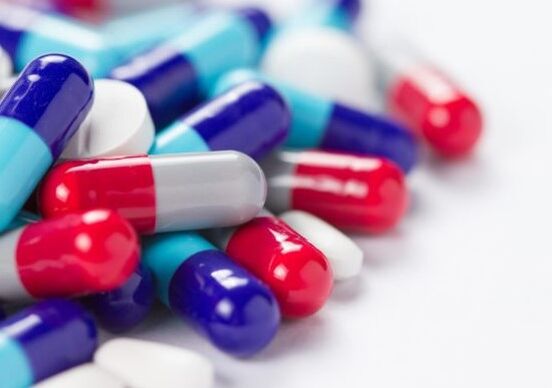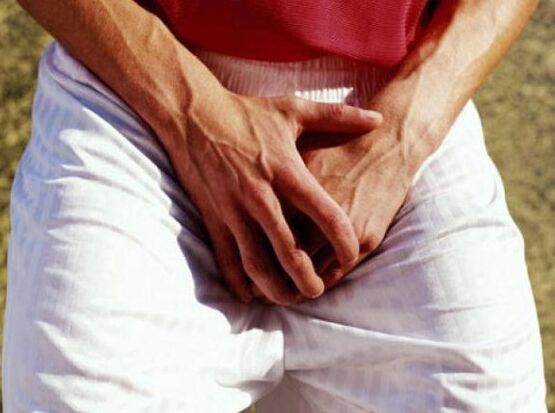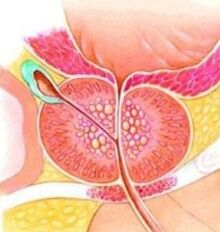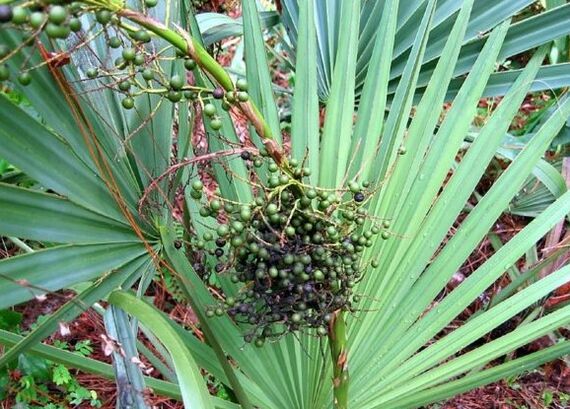Prostatitis is an inflammatory disease of the prostate that develops in the context of exposure to several pathogenic factors (such as urinary tract infection, stagnation of secretion in seed veins, violation of venous outflow in small pelvic blood vessels, etc. ). The polysexual nature of prostatitis determines the need for a comprehensive treatment approach. Typically, several drugs are composed of treatment options designed to eliminate infectious pathogens (in the case of bacterial inflammation), remission of inflammatory processes, normalization of venous and lymph-Pods, and prevention of recurrence of residual inflammation.

Drug treatment of prostatitis remains one of the main and most affordable methods for outpatient treatment. At home, men can use rectal suppositories, tablets, and capsules. Due to its inconvenience in application, ointments and gels for inflammatory prostatitis are rarely used. Injections and drips (introducing antibiotics, antibiotics and ozone solutions directly into the urethral prostate) are performed in the clinic’s program office or in the urology hospital.
Cheap antibiotics (basic therapy)
Antibiotics are drugs that inhibit the growth of biological organisms with low active concentrations and cause death. The drug in this group is essential for the treatment of infectious prostatitis, which accounts for 78% of the total number of prostatitis diseases. Bacterial prostatitis and prostate phlebitis (inflammation of the prostate and bladder) have their own characteristics and must be taken into account when choosing an effective treatment option.
- Antibiotics are required for at least 4 weeks in any form of infectious prostatitis. This even applies to these drugs, whose standard treatment is usually 7-10 days.
- Microbial sensitivity usually causes an inflammatory process of the prostate (Escherichia coli serotype O157/H7, enterococci feces, etc. ) because these bacteria are very low in sensitivity because these bacteria have thick capsule membranes. Therefore, only in combination with other antibiotics, only one set of semi-synthetic penicillin drugs are prescribed for infectious prostatitis.
Notice!Patients with severe immunosuppression (inhibition of inhibiting immune responses interacting with nonspecific factors) especially need to properly select appropriate doses of antibiotics, which will ensure obvious bactericidal effects. Self-assays in the form of severe immunodeficiency are not only ineffective, but also pose a health hazard due to the high risk of super infection.
Cheap sterilization drugs

When using antibiotic therapy, it is important to achieve bactericidal effects, which include not only pausing the lifespan of the pathogen, but also its death. To treat prostatitis, especially in the case of recurrent or chronic courses, it is recommended to use the maximum therapeutic dose and at least 28 days of treatment (for oral dosage forms).
For prostatitis, 1% impurity agent based on capsic and pepper hydrochloric acid hydrochloride was used. It is recommended to use dad protein preparations during aggravation and in chronic pelvic pain syndrome. They use 1 candle directly in the form of a suppository daily. The recommended treatment process is 10 days.
Urdynamics reporter based on animal prostate hood
Pretend prostate (extract) is a polypeptide extract extract from dried tissues of young goat glands that have reached sexual maturity and ready for infectiousness (bulls aged 7-10). Preparations based on such extracts are only used to treat chronic forms of prostatitis (congestion, sterile, chronic bacterial and asymptomatic prostatitis) or stage 1-2 prostate adenomas.
The drug treatment of this group in the form of candles, tablets (capsules) and lyophilized drugs produced a positive effect of sufficient stability in approximately 31. 3% of patients, which is considered a fairly high indicator to determine the feasibility of a comprehensive regimen for the treatment of prostate diseases. The therapeutic effects of animal preparations are manifested by the following urodynamic improvements:
- Normalization of prostate secretory activity;
- Improves the outflow of prostate secretion and eliminates stagnation in the prostate and pelvic organs;
- Reduce edema;
- Prevent the aggregation of gland platelets and blood clots (combination);
- Eliminate white blood cell infiltration into the focus of inflammation.

Prostate extracts also have a positive effect on the metabolism and metabolism of gland tissues, chemical and rheological indicators of prostate secretion.
Extract the drug Serenoa Movetur
Serenoa Movetur (palm, peristaltic palm) is a medicinal plant whose unique properties in inflammatory diseases of the male genital system were first discovered by ancient Indians. To date, sabar palm extract has been used as an auxiliary tool for the treatment of prostatitis pathology, including DHCH, using evidence-based drug-based approaches.
According to its pharmacological properties, drugs made from extracts of peristaltic palms are associated with drugs that correct urodynamic indicators and help establish metabolic processes in the prostate. Like funding based on prostate extracts, these drugs are quite costly, so patients with disabilities need to provide all the information about the more affordable drugs in the group.
In hospitals, Sabalsa Barkan extract can be used in the form of injection and infusion.
Microcirculation corrector
It is essential for stagnant forms of prostatitis, which are essential, which often develop in the context of sedentary lifestyles and sexual dynamic diseases. The funding of this group has vasodilation and vascular protection, preventing platelet aggregation, and improving blood flow and lymph in the blood vessels of the microcirculation channel.

Notice!If necessary, perform diagnostic procedures requiring invasive methods to eliminate degreasing medications at least three days before the examination.
What other drugs are used to treat prostatitis?
In each case, the use of the drug will be effective and appropriate, determined by the physician. In most cases, drugs from the NSAID group (clofenac) are used to stop the inflammatory process. During the recovery phase, the use of carnitine, vitamins and vitamin-like products is indicated. In order to wash up high-risk patients with upward infection in large quantities, diuretics were prescribed. Plant costs for use of diuretics and anti-inflammatory effects are also shown.
During acute inflammation, painkillers and anti-thermal heat are prescribed to eliminate calories and relieve pain. Alpha blockers are targeted at patients with obvious urination disorders and are accompanied by pain.
How to deal with chronic inflammation: helpful tips
In chronic stagnant, bacterial or sterile prostatitis, it is important not only to take prescribed medications according to the recommended regimen, but also to eat properly and to adjust your lifestyle in a way that eliminates all provocative factors.
- In the diet of men with prostatitis, there should be enough protein, zinc, selenium, chromium, and some vitamins involved in semen secretion. It is useful in the daily menu including seafood and fish, nuts, seeds, fruits, vegetables, eggs and dairy products.
- To prevent recurrence, it is necessary to control cholesterol levels. It is important to monitor the amount of fat in the diet and avoid frequent and increased use of fat products.
- Sex life should be regular. Long-term abstinence helps to stagnate the secrets of the prostate and the development of congestive inflammation in the prostate. In a healthy man, the abstinence of intimacy should not exceed three days.
- Inadequate exercise activity is one of the main causes of changes in inflammatory prostate tissue. In addition to special therapeutic gymnastics, men are also advised to do morning exercises, walk a lot and visit the swimming pool regularly.

Further observations after primary treatment include at least 3-4 consultations and examinations of urologists per year, as well as laboratory diagnosis (urinary studies, prostate secretion) passing and ultrasound examination of the prostate and bladder.
Drugs are the basis of basic therapies for prostatitis and inflammatory diseases of the genital system. The pharmaceutical industry offers a considerable choice so you can choose cheap and effective medications with any form and stage of prostatitis. Any appointment can only be made if the attending physician should consider the dynamics of the disease and the individual characteristics of the patient. Self-medications, especially those with antibacterial effects, are at high risk of super infections.























